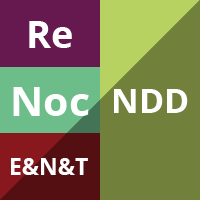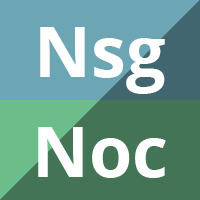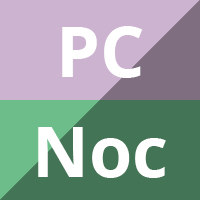
Probiotics for the prevention or treatment of chemotherapy‐ or radiotherapy‐related diarrhoea in people with cancer
Abstract Background Treament‐related diarrhoea is one of the most common and troublesome adverse effects related to chemotherapy or radiotherapy in people with cancer. Its reported incidence has been as high as 50% to 80%. Severe treatment‐related diarrhoea can lead to fluid and electrolyte losses and nutritional deficiencies and could adversely affect quality of life (QoL). […]

Immunonutrition for patients undergoing surgery for head and neck cancer
Abstract Background Patients with head and neck cancer are often malnourished. Surgery for such cancers is complex and may be undertaken after a course of radiotherapy. As a result, patients may have postoperative complications such as fistulae and wound infections, as well as more generalised infections such as pneumonia. One possible way to enhance recovery, […]

Surgery versus stereotactic radiotherapy for people with single or solitary brain metastasis
Abstract Background Brain metastases occur when cancer cells spread from their original site to the brain and are a frequent cause of morbidity and death in people with cancer. They occur in 20% to 40% of people during the course of their disease. Brain metastases are also the most frequent type of brain malignancy. Single […]

Interventions for the treatment of brain radionecrosis after radiotherapy or radiosurgery
Abstract Background Brain radionecrosis (tissue death caused by radiation) can occur following high‐doseradiotherapy to brain tissue and can have a significant impact on a person’s quality of life (QoL) and function. The underlying pathophysiological mechanism remains unclear for this condition, which makes establishing effective treatments challenging. Objectives To assess the effectiveness of interventions used for […]

Whole brain radiotherapy for the treatment of newly diagnosed multiple brain metastases
Abstract Background This is an update to the review published in the Cochrane Library (2012, Issue 4). It is estimated that 20% to 40% of people with cancer will develop brain metastases during the course of their illness. The burden of brain metastases impacts quality and length of survival. Objectives To assess the effectiveness and […]

Magnetic resonance perfusion for differentiating low-grade from high-grade gliomas at first presentation
Abstract Background Gliomas are the most common primary brain tumour. They are graded using the WHO classification system, with Grade II-IV astrocytomas, oligodendrogliomas and oligoastrocytomas. Low-grade gliomas (LGGs) are WHO Grade II infiltrative brain tumours that typically appear solid and non-enhancing on magnetic resonance imaging (MRI) scans. People with LGG often have little or no […]

Intraoperative imaging technology to maximise extent of resection for glioma
Abstract Background Extent of resection is considered to be a prognostic factor in neuro-oncology. Intraoperative imaging technologies are designed to help achieve this goal. It is not clear whether any of these sometimes very expensive tools (or their combination) should be recommended as standard care for people with brain tumours. We set out to determine […]

Whole brain radiation therapy (WBRT) alone versus WBRT and radiosurgery for the treatment of brain metastases
Abstract Background Historically, whole brain radiation therapy (WBRT) has been the main treatment for brain metastases. Stereotactic radiosurgery (SRS) delivers high‐dose focused radiation and is being increasingly utilized to treat brain metastases. The benefit of adding SRS to WBRT is unclear. This is an updated version of the original Cochrane Review published in Issue 9, […]

Procarbazine, lomustine and vincristine for recurrent high-grade glioma
Abstract Background Recurrent high-grade glioma (HGG) carries an extremely poor prognosis. There is no current standard of care or guideline-based recommendations. Nitrosourea-based multidrug chemotherapy or PCV — procarbazine, lomustine (CCNU) and vincristine — is one of the treatment options at recurrence. There has been no meta-analysis which looks at the benefits and harms of PCV […]

Drug therapy for symptoms associated with anxiety in adult palliative care patients
Abstract Background This is an update of a Cochrane Review first published in 2004 (Issue 1) and previously updated in 2012 (Issue 10). Anxiety is common in palliative care patients. It can be a natural response to the complex uncertainty of having a life-limiting illness or impending death, but it may represent a clinically significant […]

